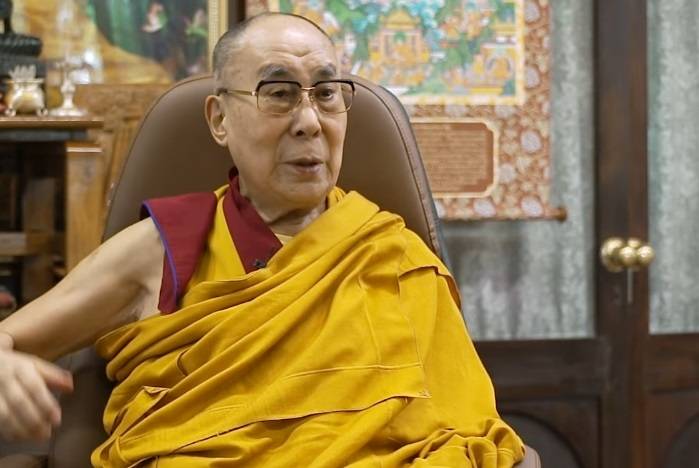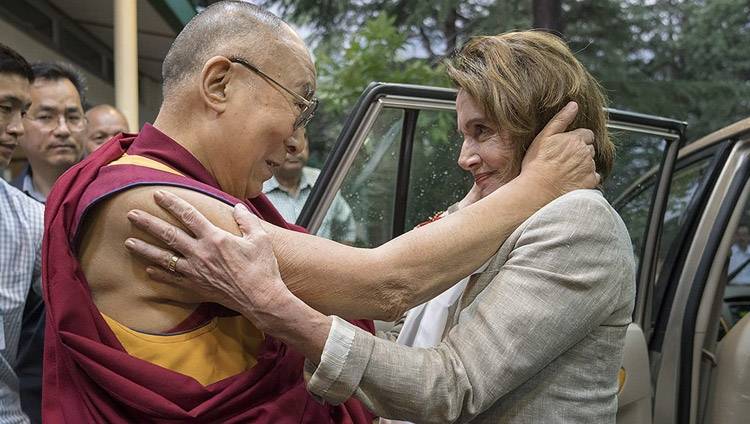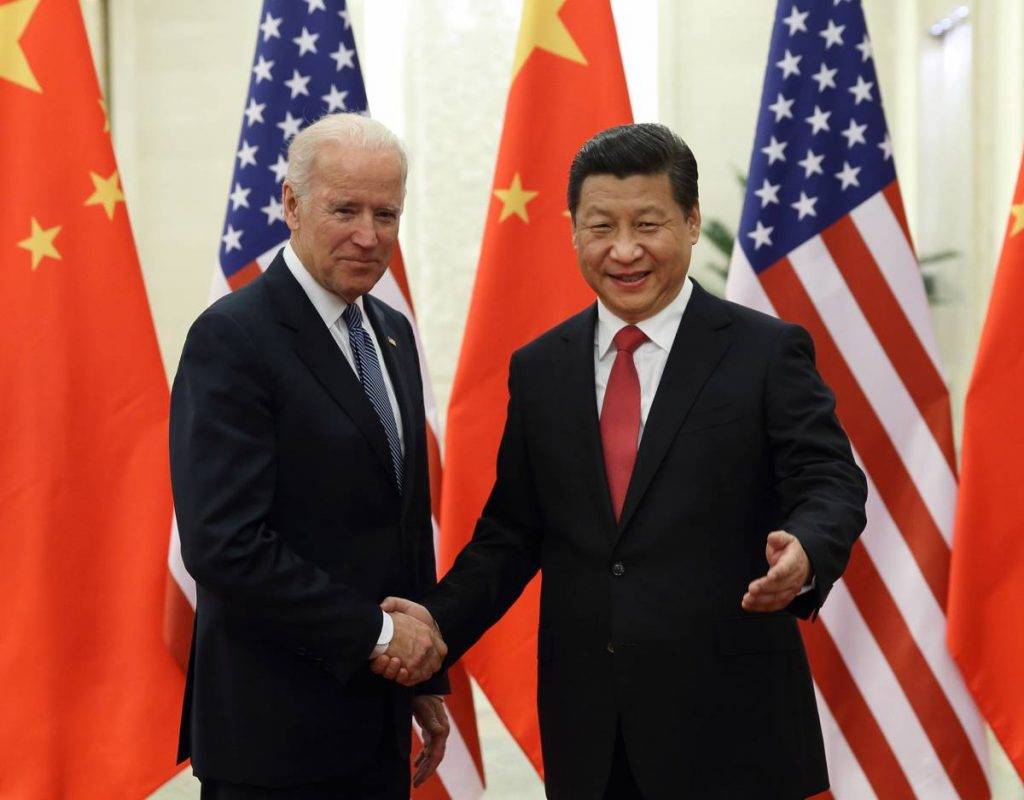The right to practice one’s own religion or language has been lacking in Tibet for years and is now facing the dire chances of being completely wiped out. The Tibetan monks and nuns in Tibet are forced to disrobe and then are forced them to go through the ‘political re-education’ to make them adhere to the Chinese communist ideology … writes Tenzin Choezom
There is no comparison of religious rights of Tibetans in Tibet and in exile. The Tibetans and diaspora along with the help of Indian government has always experienced and still experience the rights of a secular nation. It has never been a problem for Tibetans in India to practice their religion or to openly talk about their faith to others. The situation in Tibet is the complete opposite of this. Hundreds of Tibetans in Tibet have self-immolated in order to protest for the revival of the religious rights in Tibet and for His Holiness to come back to a ‘Free Tibet’ soon
The Chinese invasion of Tibet in the 1950s had enforced extreme brutality in Tibet which resulted in killing of thousands of Tibetans and destruction of countless monasteries and religious relics. That caused His Holiness the 14th Dalai Lama along with thousands of Tibetans to flee to India in exile in 1959 as his life was in danger. China since then has been the reason of despair and dismay for the Tibetans. Many Tibetans were able to flee to exile in India and to different nations but many are still stranded back in Tibet living under constant threat and torture of the Chinese government. They have been robbed off their sheer right to life and there is a complete lack of basic human rights in Tibet.
When His Holiness the Dalai Lama reached India along with his followers, the then Prime Minister of India, Jawaharlal Nehru gave them asylum. Thereafter, Tibetans were able to establish their settlements, religious institutions and also the Tibetan government in exile. Tibetans have flourished immensely because of His Holiness the Dalai Lama’s constant struggle and hard work and they are thankful to the Dalai Lama’s blessings that have made their lives much better as compared to the lives of the Tibetans in Tibet. The Dalai Lama considers India as a holy land because of the rich history that it holds related to Buddhism and has even made a fourth addition to his previous three commitments to revive the awareness of the value of ancient Indian knowledge among young Indians today. Hence, Tibetans have led a life of freedom and harmony in India and has full freedom to practice their religion without any restraint.

Under the Tibetan Government in Exile, Dharamsala, there is a Religious and Cultural Society known as the ‘Department of Religion and Culture’. It is apparent from its name itself that it is there to look after the religious and cultural affairs of the Tibetan community in exile. It also holds the responsibility of leading and supervising works aimed at the preservation, revival and promotion of the Tibetan religious and cultural heritages. The department is working towards stopping the religious, cultural aspects and essence from going extinct. The department supervises 281 monasteries and nunneries located in India, Nepal and Bhutan. These religious institutions consist of monks and nuns who have the freedom to study and practice Buddhism. They have the space, the privilege and the facilities to help in their Buddhist studies.
On the other hand, the Chinese Communist government has led schemes for the huge destruction of religious sites and relics in Tibet. Whenever the need to demolish the Tibetan identity and essence arises, the Communist government always attacks the religious institutions and the practitioners first since they know that Tibetans are known mostly for their Buddhist studies and values. The right to practice one’s own religion or language has been lacking in Tibet for years and is now facing the dire chances of being completely wiped out. The Tibetan monks and nuns in Tibet are forced to disrobe and then are forced them to go through the ‘political re-education’ to make them adhere to the Chinese communist ideology. The Tibetans in Tibet are forced to attend the teachings of government appointed fake Lamas and are rarely given the chance to travel to other countries for pilgrimage. Therefore, the count of Buddhist practitioners in Tibet is also bound to drop drastically in the near future. Due to the Chinese Communist Party (CCP)’s policies, genocide in Tibet are planned and carried out for many years. With the passage of time, China has become more brutal.
On the other hand, the people in exile have been lucky in this regard to have the freedom to practice one’s religion and also to have the opportunity to attend all types of religious teachings and talks. The Kalachakra, one of the biggest Buddhist teachings was first initiated in Tibet by His Holiness in 1954. It was held again in Tibet in 1956 but that was sadly the last Kalachakra that took place in the ‘land of snows’. However, it is held several times in exile in India from the year 1970 under no restriction or constraint. Tibetans from various regions and nations gather together to attend this holy teaching of His Holiness.

The last one happened in 2017 and would have happened again if the pandemic would have eased. Few Tibetans from Tibet also attended it clandestinely. But, after going back to Tibet, they were tortured and imprisoned by the Chinese authorities. It is illegal for Tibetans in Tibet to even have a picture of His Holiness in their home but Tibetans in India are under no such obligation. Tibetans in India are also blessed to have the opportunity to go on religious pilgrimages since there are ample Buddhist sites in India. Those who wish to travel to Nepal and Bhutan also visit the Buddhist sites there as well. Hence, there are no restrictions to pilgrimages in exile unlike in Tibet.
There is no comparison of religious rights of Tibetans in Tibet and in exile. The Tibetans and diaspora along with the help of Indian government has always experienced and still experience the rights of a secular nation. It has never been a problem for Tibetans in India to practice their religion or to openly talk about their faith to others. The situation in Tibet is the complete opposite of this. Hundreds of Tibetans in Tibet have self-immolated in order to protest for the revival of the religious rights in Tibet and for His Holiness to come back to a ‘Free Tibet’ soon. The freedom struggle in exile has always encouraged Tibetans to gain their independence as the lives of the Tibetans are at stake in Tibet and the self-immolators have not received the justice that they deserve. Tibetans in India or anywhere in exile and the Tibetans in Tibet should have the same rights since they belong to the same roots and ancestral background. Tibetans in exile are grateful for such freedom but Tibetans in Tibet are yearning for the same rights and waiting for the revival of peace and harmony in the land.
READ MORE: Tibetan Prez thanks US for concerns over China’s abuses
READ MORE: Biden Urged to Declare Tibet an ‘Independent Country’














